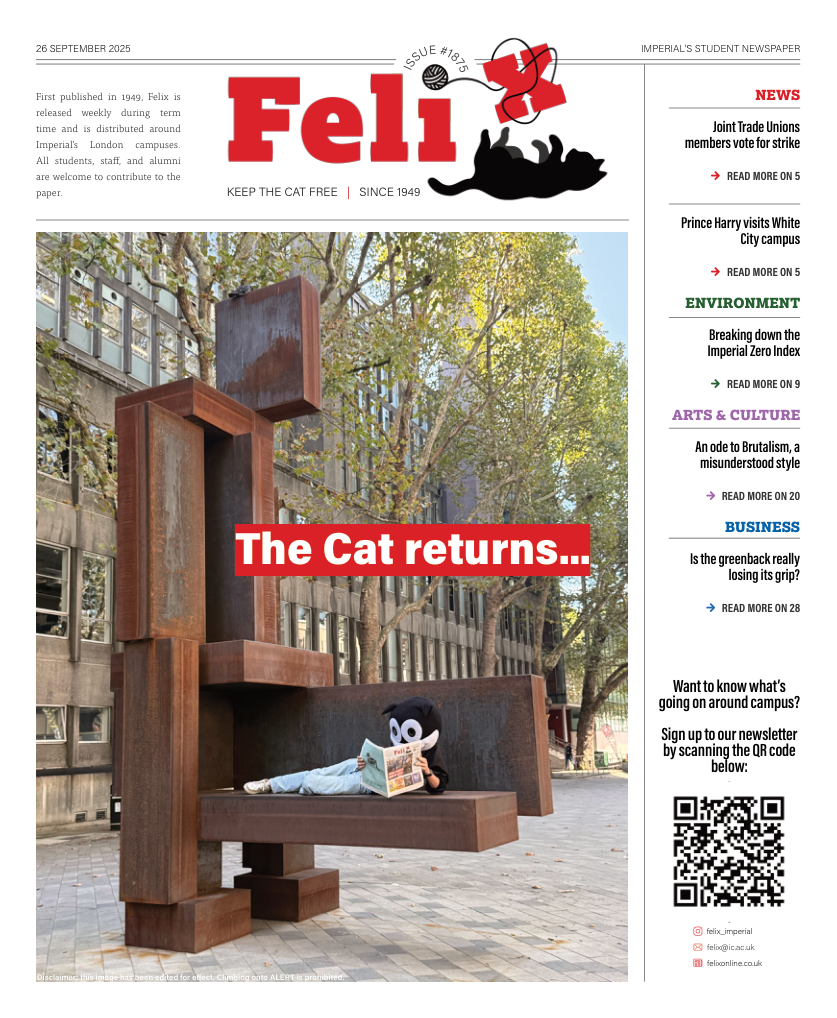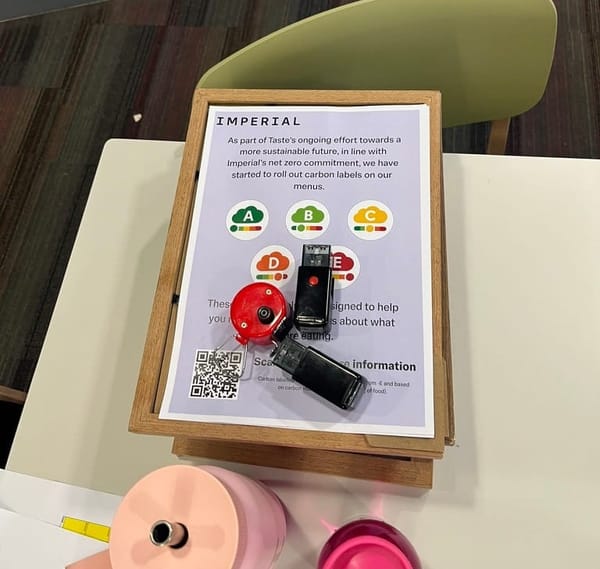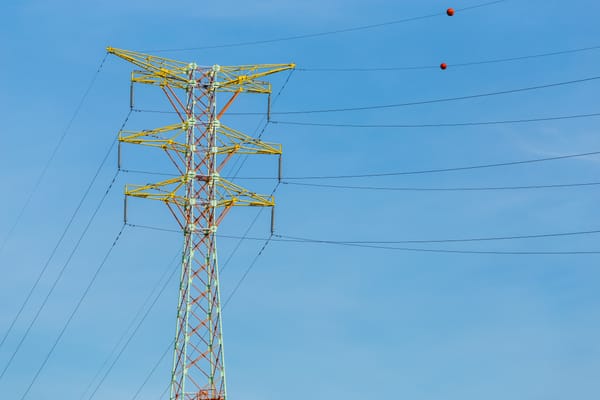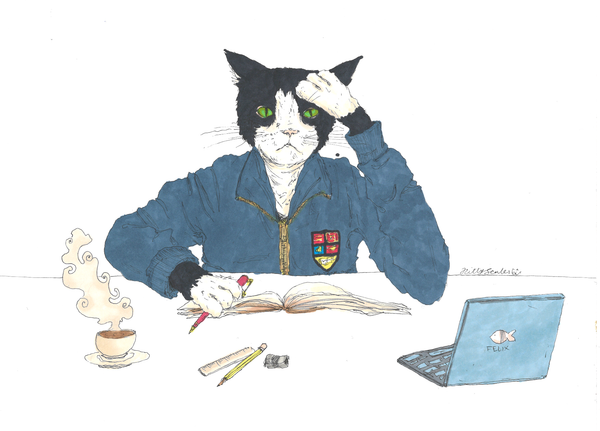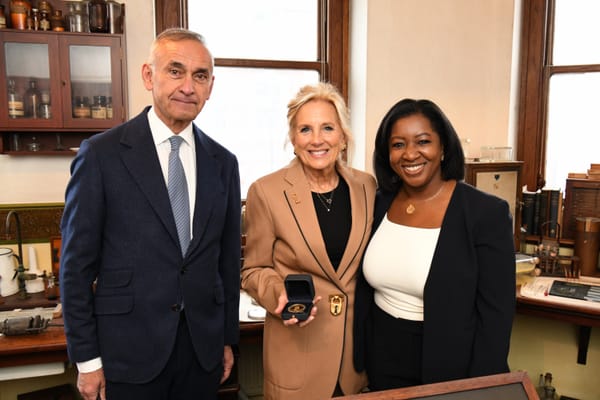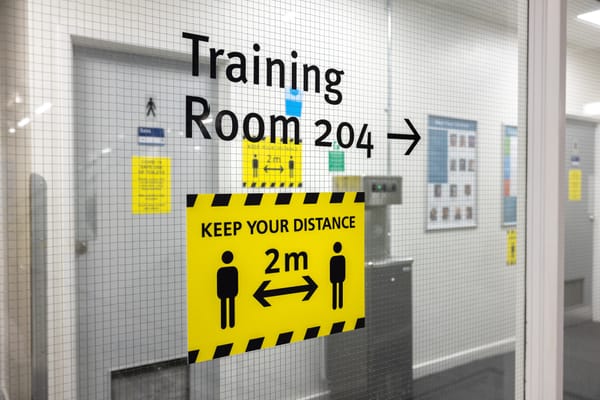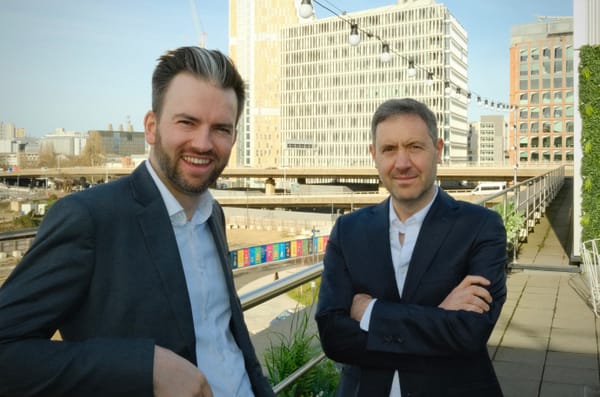Diving into Imperial’s Waste: What We Found
At 900 tonnes each year, almost half of South Kensington campus’ waste is ‘general waste’. This waste stream is collected daily and taken by lorry to an energy from waste (EfW) plant in Southwark where it is incinerated. Although the energy from burning this waste is returned to the grid, incineration is not an efficient use of resources and should be reserved only for materials which cannot be recycled. Bearing in mind the university's commitment to cutting waste and increasing recycling, it is apparent that we need to shrink the amount of general waste we are producing. But how?
In May, a brave group of staff and students sorted through over 300kg of general waste from our bins to find out what was inside. Yes, really. The idea was to understand what we were throwing away so we could understand how to avoid creating that waste in the first place. Here’s what we found.

Dr Jasmin Cooper, Research Associate in the Department for Civil and Environmental Engineering, sorting general waste by material type in our waste composition analysis project.
This pie chart shows the average percentage composition, by mass, of materials and products in South Ken’s general waste.

The first insight was learning that almost half our general waste is actually recyclable material which could instead be recycled if it ended up in the right bin. Meaning we can almost halve the amount of material we are incinerating simply by putting things in the right bin! One way to make recycling as easy as possible is having clear and engaging comms. This is why we have updated the design of our bins and waste posters, and for the first time have continuity of colours, messaging and symbols across the board.
The data also revealed that food waste dominates our general waste. Food waste can be recycled through composting or anaerobic digestion. The university currently sends around a quarter of its food waste to anaerobic digesters where it is turned into biogas and agricultural fertiliser. Most of this recycled food waste is from ‘back-of-house’ – prep waste and plate-scraping in our kitchens. The remaining three quarters ends up in general waste (or, worse, contaminating our Mixed Recycling!), and is mostly from individuals in the form of leftovers inside single-use food containers. This tells us that a big priority should be making it easier for us all to separate food waste from its container for recycling. We plan to trial ‘front-end’ food bins in the Senior Common Room and Imperial College Union this academic year.

More generally, these results highlight the prevalence of non-recyclable items in our campus economy. Items such as paper towels for drying hands and wiping surfaces (the non-recyclable paper segment of the pie chart), and single-use catering items like coffee cups. The results show so clearly how what we buy becomes what we waste, which is why we are now looking upstream at procurement to help address our waste, downstream. They also add more evidence and urgency to our ongoing work to switch from disposables to reusables. For example, we recently expanded and improved our ‘Hydration Stations’ to make refilling water bottles easier. We also incentivise reuse through a 30p levy on single-use cups at Taste Imperial outlets.
All this number crunching, plus research of best practice at other universities, plus many conversations with staff and students who want to see a more circular campus, is helping to inform waste targets in the soon-to-be-published 2026-2031 Sustainability Strategy. The Strategy is open for consultation until 5pm Friday 10th October. Visit www.imperial.ac.uk/sustainability/strategy/ to have your say. Finally, if you have any waste and recycling questions or suggestions, please do not hesitate to email me, Florence Hale, Waste and Recycling Manager, at fah21@ic.ac.uk.

